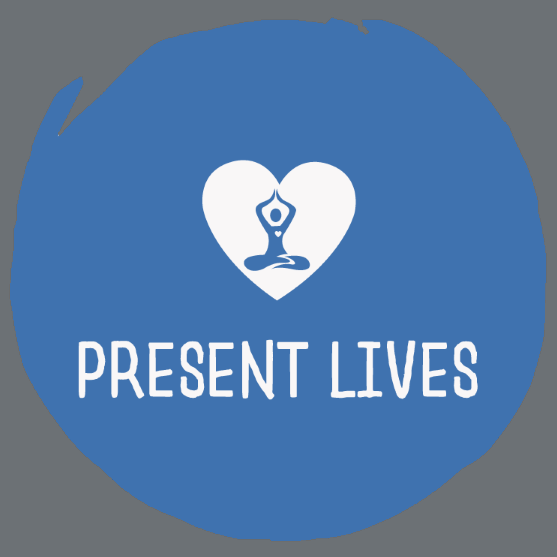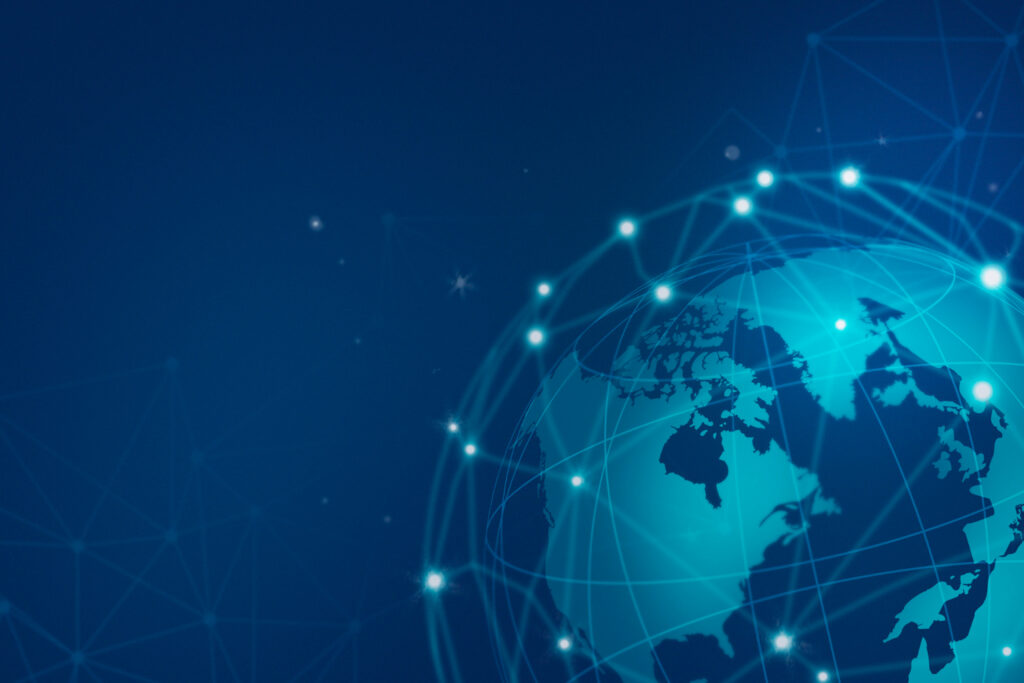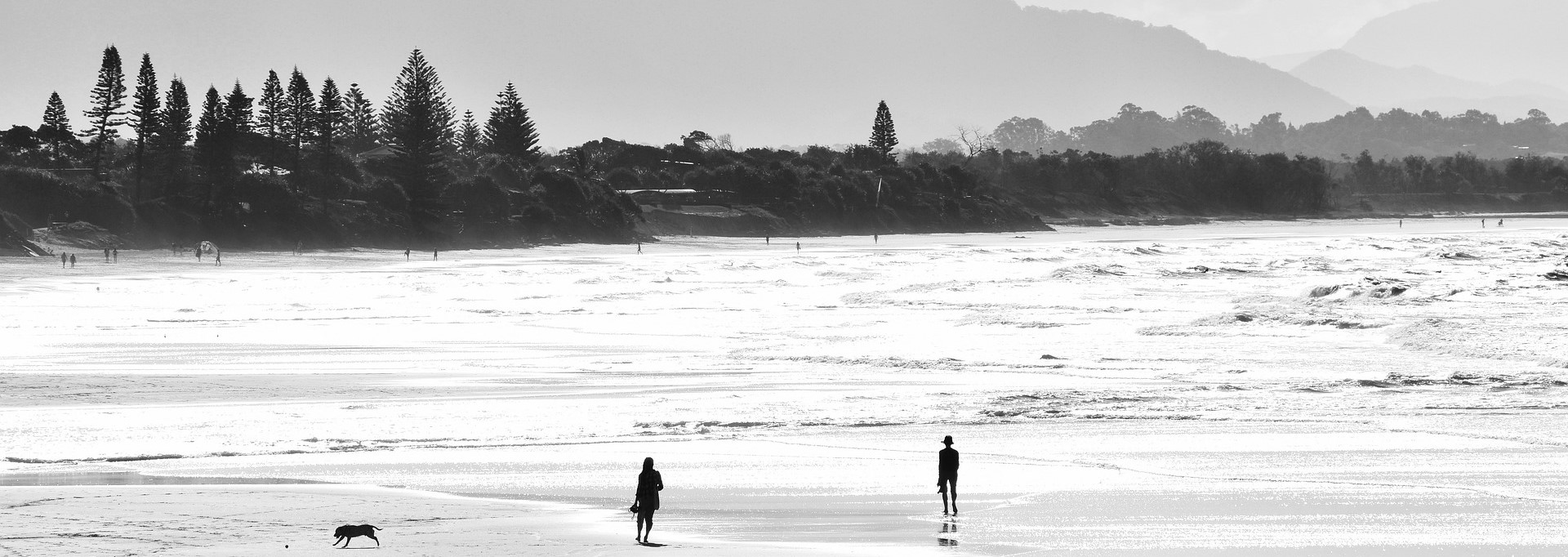
.
.
Present Lives
.
.
Help for anxiety and wellbeing
Who We Are

Present Lives is an organisation that aims to raise awareness of anxiety and the treatments that are available. We provide information regarding activities that help to reduce anxiety and improve wellbeing. Many of these practices include meditation, which is a particular practice that helps us to stay in the present moment. Our primary goal is to raise an understanding of the present moment and how practicing it can improve our lives. These activities have been proven to ease anxiety and to improve wellbeing. To find out more please browse through the sections below.
What is Anxiety?

Anxiety is regarded as a feeling of dread, fear or uneasiness and is often a result of stress or worrying. Every person experiences some level of anxiety in their lives. However some people experience larger amounts that can interfere in their daily lives. Anxiety can impact a person’s ability to concentrate and carry out their daily tasks.
However, anxiety is treatable and there are many scientifically proven methods that can help. One popular option is practicing mindfulness. This activity is aimed at keeping us in the present moment, whilst not thinking of events in our past or what may come in the future.

The Present Moment
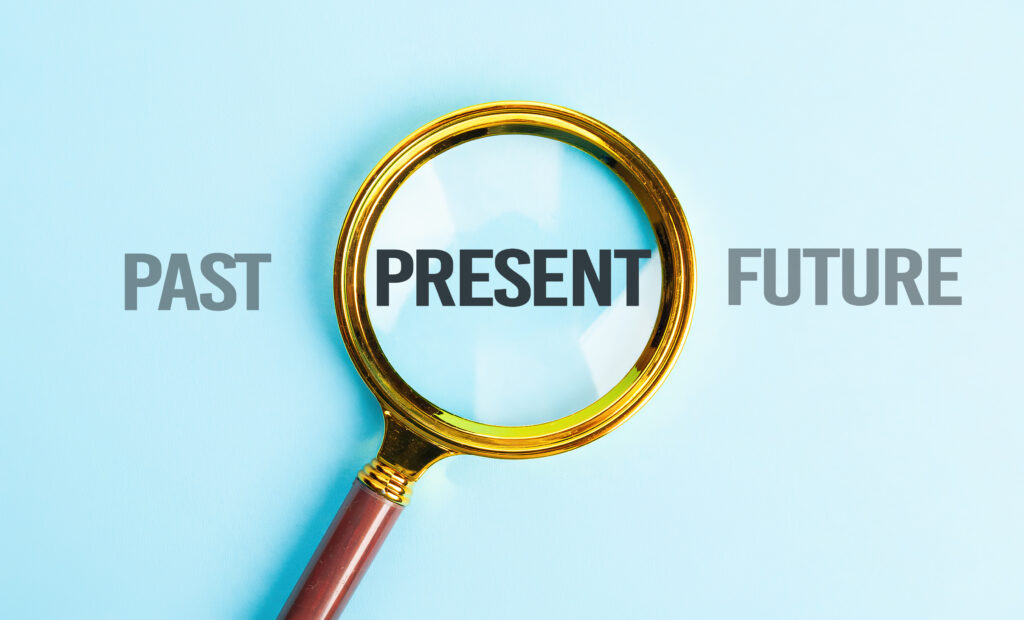
The present moment is regarded as the moving frame of time that we experience every day. It is also referred to as the ‘here and now’. The present moment is best experienced when we are free from any distractions such as our thoughts. There are many benefits of being in the present moment, it allows us to be free of our past or future.
This is also referred to as a state of mindfulness, and many studies have shown that mindfulness improves our wellbeing and also reduces anxiety. Activities such as playing sport or spending time with friends are easy to experience mindfulness. However other times may be more difficult, such as walking alone, commuting to work or cleaning your home. Therefore it is important to practice mindfulness, as it allows us to remain in the present more often.
Mindfulness and Meditation
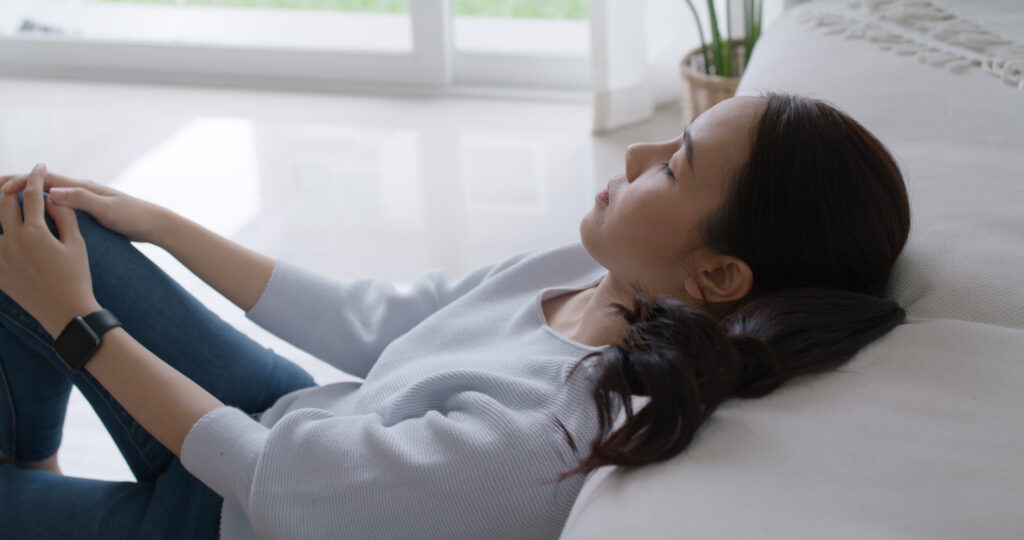
Mindfulness refers to the state of mind where we are focussed upon the present moment, or the ‘here and now’. It is the known as the ‘present moment’ and it also occurs when we are not thinking about any thoughts regarding our past or future.
It can be achieved by using many different types of activities. A major one of these is known as meditation. Practicing meditation over time allows us to become more mindful during our day. However, achieving mindfulness is a skill and may be difficult at first, but it becomes easier with practice. One of the keys when practicing mindfulness is to notice any thoughts that may come up. It is best to discard these without any judgement and then move back to the present moment. Some mindful activities can be practiced outdoors, whilst others can also be completed indoors. Outdoor activities such as sports or exercise are good for mindfulness and certain indoor activities are also helpful.

Media Caution

In today’s world we are becoming more connected than ever, due to advancements in technology such as the internet. This provides us with many benefits such as having regular contact with friends and family.
However there are many negative aspects of online activity, especially with regards to news and social media. Over time this exposure can lead to higher levels of anxiety, and become a distraction from our everyday lives. It is best to take caution when using the internet as there are many upsetting sources that impact our wellbeing. Improving our media usage is not only a case of reducing our screen time, but rather adjusting what websites we view as well.

Self Care
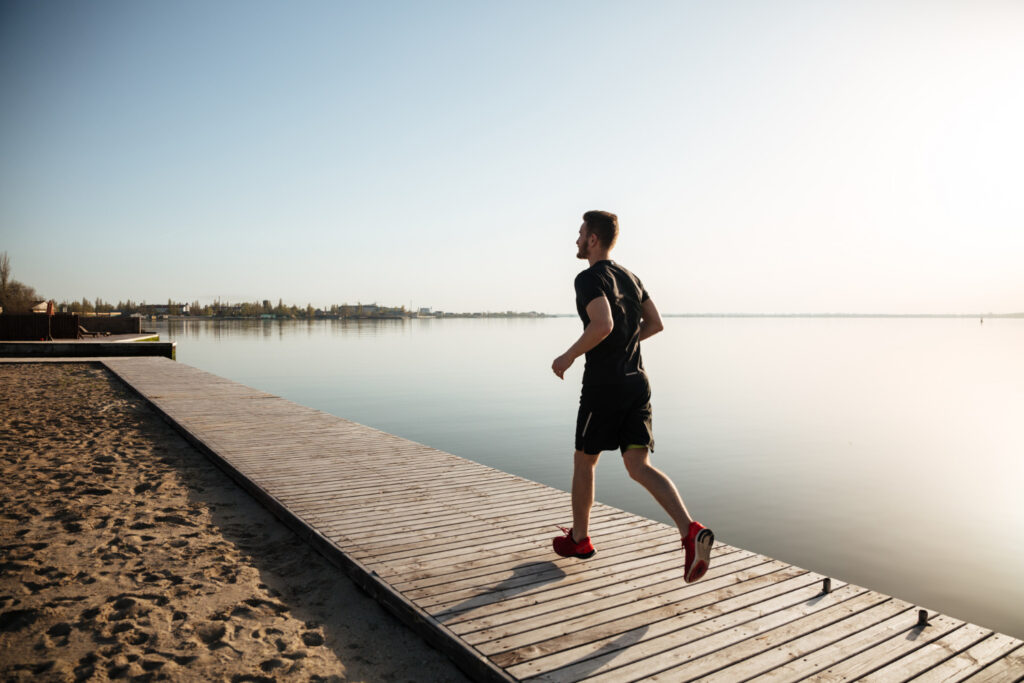
There are many aspects of our lives that we can improve, which will assist our ability in managing anxiety. Some of these include being in good physical shape and taking more time to relax when available. It is also important to eat a healthy diet and have enough sleep. These also help to improve well being and other aspects including as stress and anxiety.

